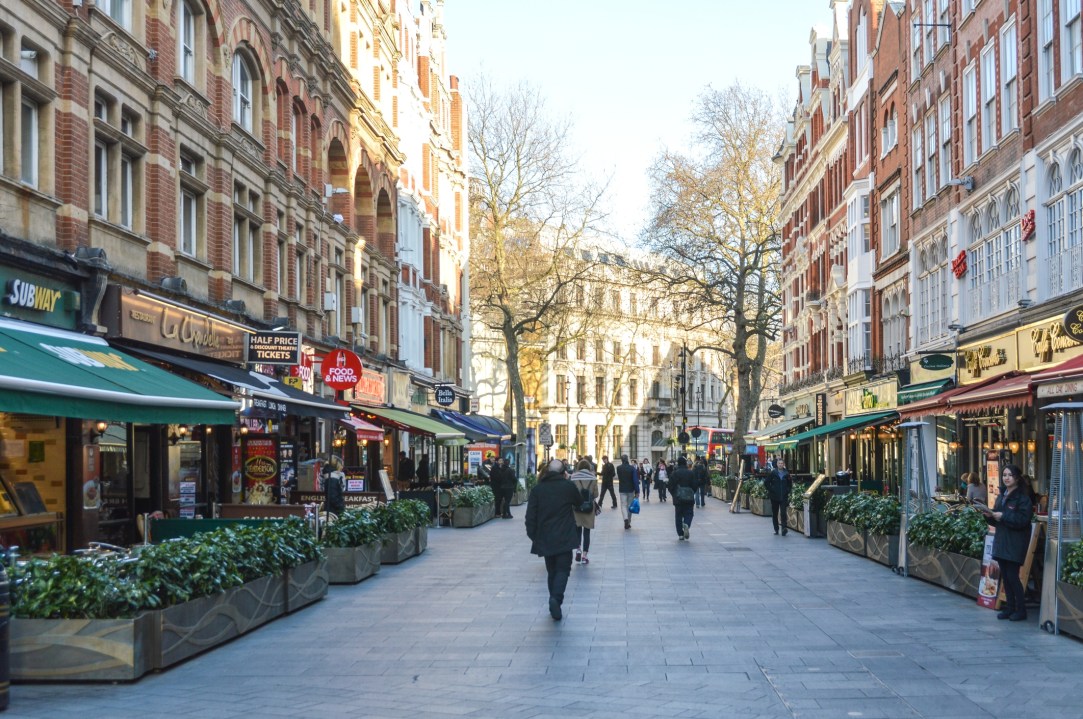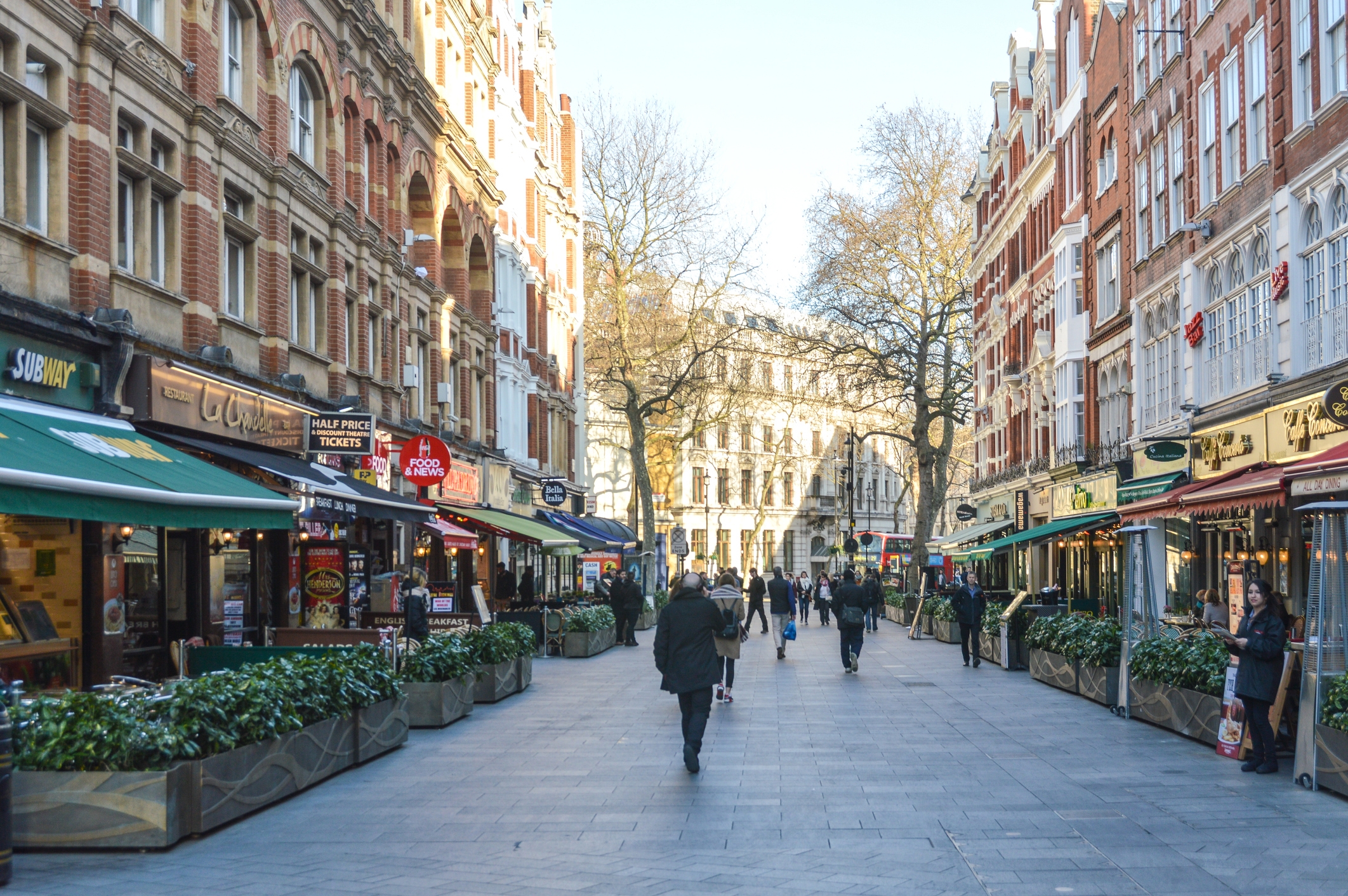On Monday, Boris Johnson advised the UK population to avoid pubs, clubs and other venues. The Prime Minister did not though order our hospitality and leisure venues to close. You might think this was a sensible precaution, but in the past 24 hours it has left the hospitality industry – the third largest private sector employer in the country at 3.2 million people, that contributes £130 billion to the national economy – in turmoil.
The day after Boris Johnson’s announcement, I ventured out to a newly-opened pasta restaurant in east London for an early supper. At 6:45pm the restaurant was almost full of people enjoying a plate of cacio e pepe and a glass or two of Chianti. If you were unaware of what was going in the outside world, apart from maybe the slightly subdued nature of the room and the fact the usual two-hour queue didn’t exist for this popular restaurant, you’d think things were pretty normal.
And this is where the restaurant industry currently becomes unstuck. Do you close because the Government has advised people to stay away and opening could put people’s health at risk, or do you decide to continue to operate as normal because there’s clearly some demand and you have bills to pay and staff to try and keep employed? It’s a terribly confusing situation and it’s a choice that my industry shouldn’t have to make.
If this was the financial industry the government would respond in a different way
We spend our lives trying to make people happy and feel special in hospitality. But now what? What do we do? Where do we stand? Our industry is facing collapsing demand and many workers are going to have to be laid off – either permanently, temporarily or put on unpaid leave.
As I write this, a number of emails are filling my inbox from well-established restaurant groups announcing they’re closing temporarily. Most are vague as to when they’ll reopen (because they don’t know). Some are starting to offer take-away meals as they close – an attempt to keep at least some cash coming in.
For those not familiar with the hospitality industry, we operate on very small margins. A couple of duff nights in a month can be critical for a restaurant. So when trade drops off a cliff as it has done this week, it’s simply not possible to continue without serious financial assistance. London is reportedly at the forefront of the coronavirus in the UK and as a city has already experienced a monumental decline in hotel bookings. Some West End hotels are operating on less than 10 per cent occupancy and restaurants this week have seen a drop in trade of over 50 per cent. I’ve heard that nightclubs are reporting earnings down by 90 per cent last weekend. This is clearly not sustainable.
Our capital city is global and we rely on international visitors to stay in our hotels, eat in our restaurants and spend money in our shops. They’re no longer here. We also have a large financial and media industry that use our hotels, restaurants and bars – they’re now working from home and not travelling. We work closely as an industry with galleries, museums and theatres – they’re all in the same boat. It’s the perfect storm.
The Chancellor Rishi Sunak has unveiled a £350 billion lifeline for the economy and this is a very welcome announcement at such a critical time. We’re yet to fully understand the details of the loans from the government – and there are already those saying they should be grants instead – but at least the industry has some sort of lifeline to see us through the foreseeable future.
The business rates holiday for 12 months for all hospitality businesses of any size is also a very welcome relief mechanism, but more can be done. Landlords need to step up and work with their hospitality tenants to see how rent is going to be managed over the coming months – a rent holiday is needed and the Government needs to announce some mechanism that means it is implemented across the board.
We’re still waiting to hear how the government is going to help employees and that’s the biggest fallout of this whole crisis. As an industry we’ve just been through the upheaval of Brexit, which saw thousands of European nationals who worked in hospitality return home because they didn’t feel welcome here. We now have some of the best operators in the industry closing their doors for the foreseeable future and having to let staff members go. I feel if this was the financial industry the government would respond in a different way but because it’s ‘just hospitality’ we’re not recognised as a ‘proper’ industry. Let me remind you of the figures I quoted at the beginning of this piece: we employ 3.2 million people and contribute £130 billion to the economy – yet the government has advised people to stay away from pubs, clubs and other venues without any proper plan in place to support the industry. Was yesterday’s government bailout enough to keep our industry going? I can only hope so.
Adam Hyman is the founder of CODE Hospitality, a community for hospitality professionals.







Comments